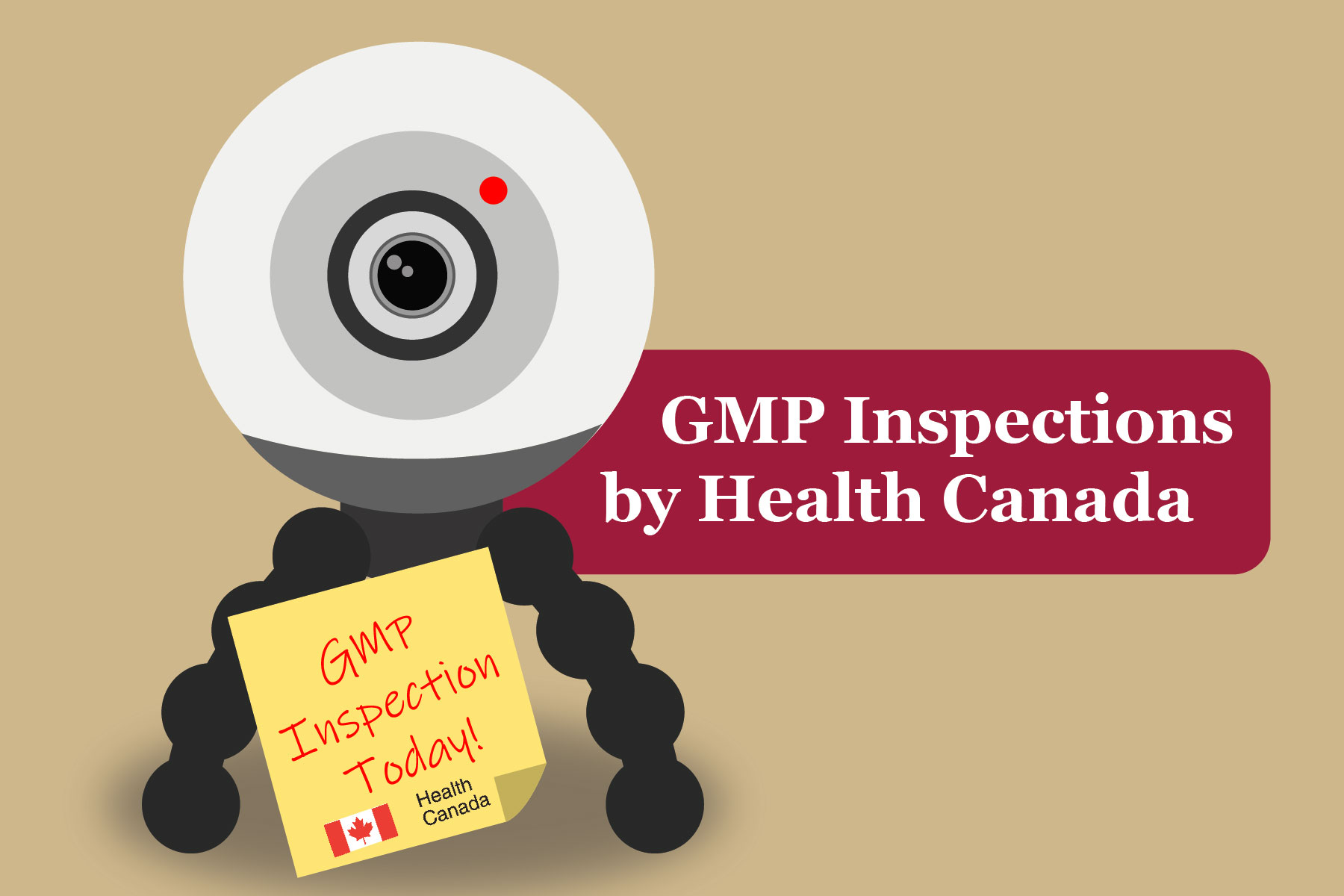As FDA begins to restart on-site inspections of domestic and foreign sites, Health Canada on the other hand has all of its on-site domestic and foreign inspections for drug good manufacturing practices postponed until further notice.1
However, Health Canada is using other ways of conducting inspections such as remote GMP evaluations. Companies are informed in advance when a remote inspection will be conducted by Health Canada.1
According to Health Canada, on-site inspections may be conducted on a case-by-case basis when the agency has identified a health risk related to a particular drug. The agency may also conduct inspections when an establishment is getting ready to manufacture a medically necessary drug or a drug considered important in mitigating COVID-19 risks.1
Foreign inspections are also postponed until further notice. The agency further states that it will consider the delay in scheduled inspections and audits by third parties and regulatory authorities in the case where a manufacturer was not able to find a qualified auditor to conduct audits of the firm.1
On July 13, 2020 Health Canada rescinded its interim policy for the manufacturing of hand sanitizers that allowed the distribution of hand sanitizers without submitting evidence of GMP compliance under an attestation. Read our blog HEALTH CANADA’S COVID-19 INTERIM GUIDANCE ON HAND SANITIZERS. This step assures that even though the inspections are not being conducted, manufacturers must provide evidence of GMP compliance in their applications to Health Canada.
We are closely monitoring the regulatory landscape with Health Canada and will keep you posted for any new developments related to medical devices and drugs during the pandemic.
Want to market your product in Canada? Call us today at 248-987-4497 or email us at info@emmainternational.com.
1Health Canada (Aug 2020) Good Manufacturing Practices and COVID-19 retrieved on 08/20/2020 from https://www.canada.ca/en/health-canada/services/drugs-health-products/compliance-enforcement/good-manufacturing-practices.html






